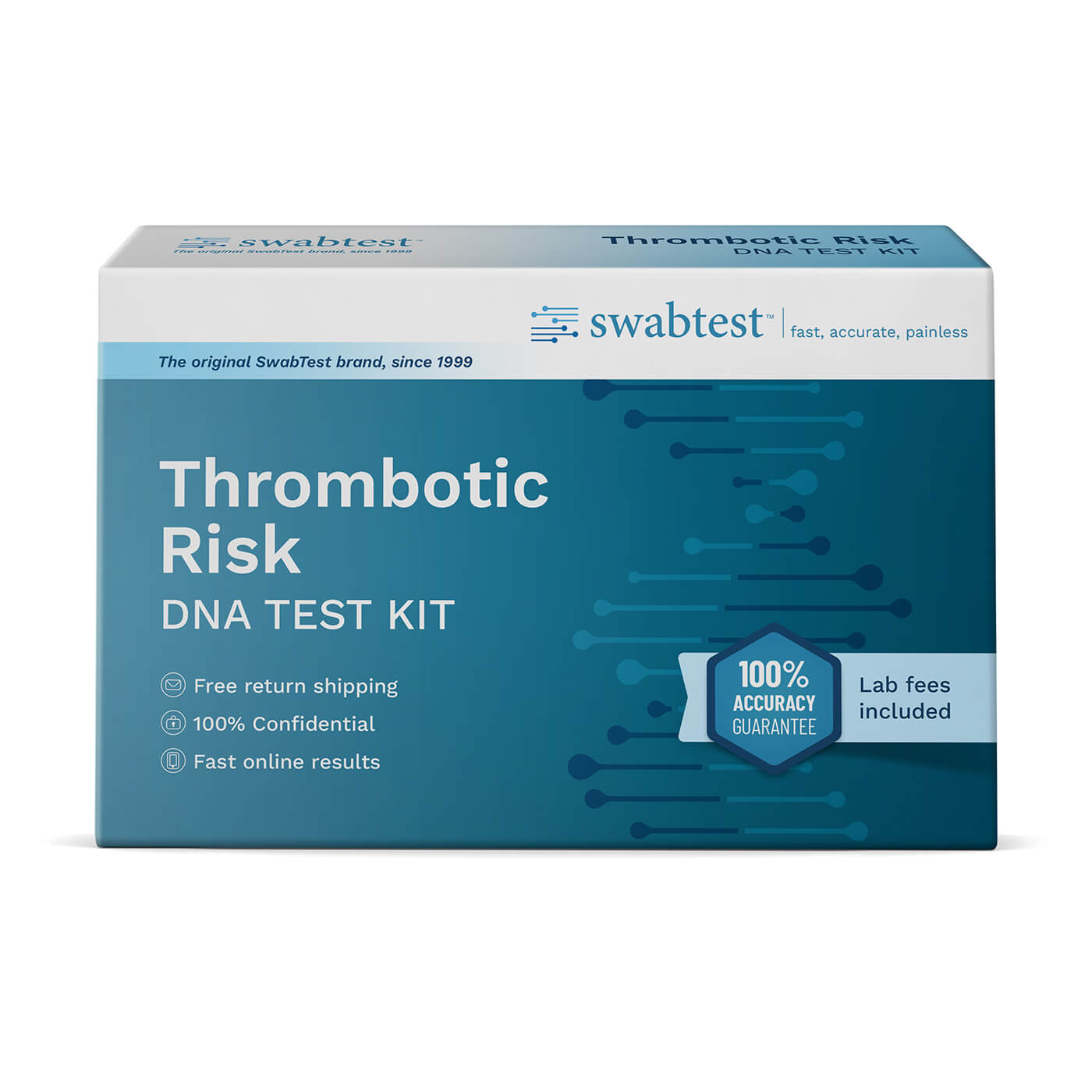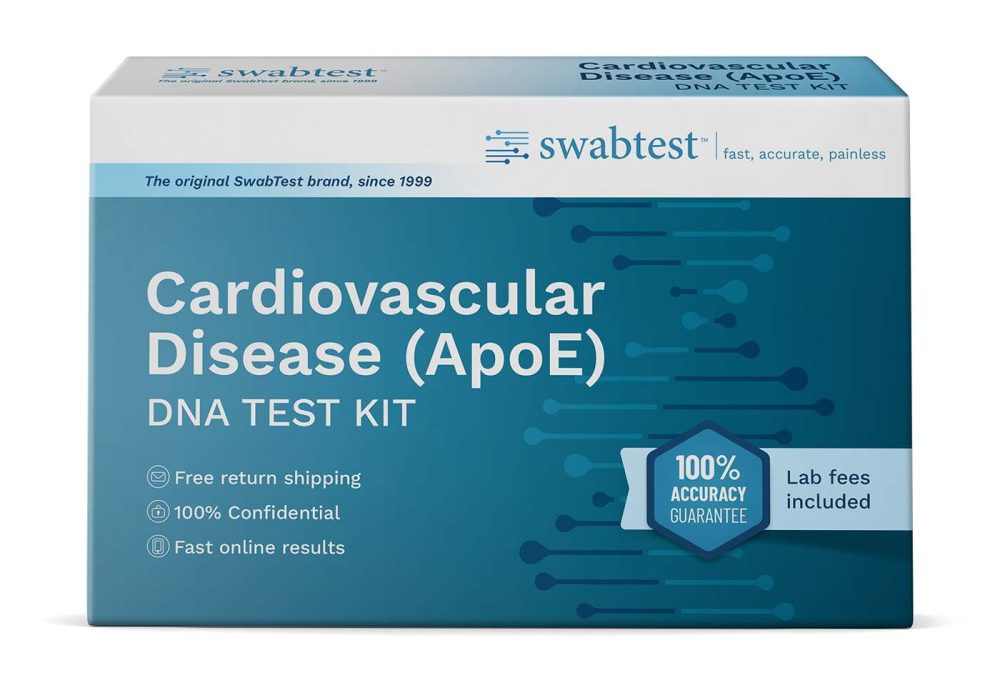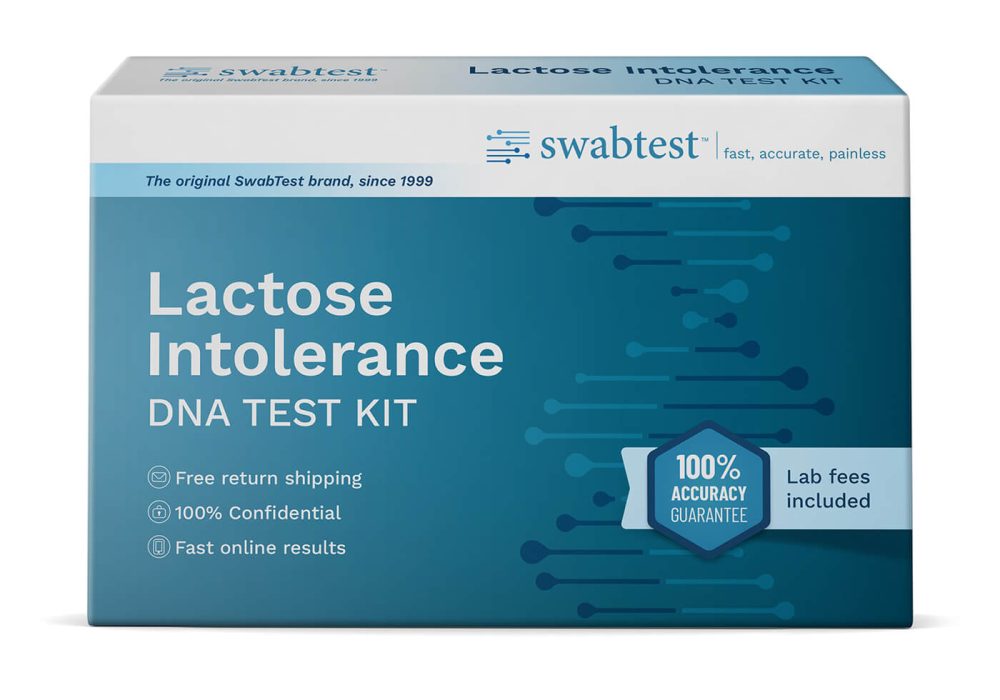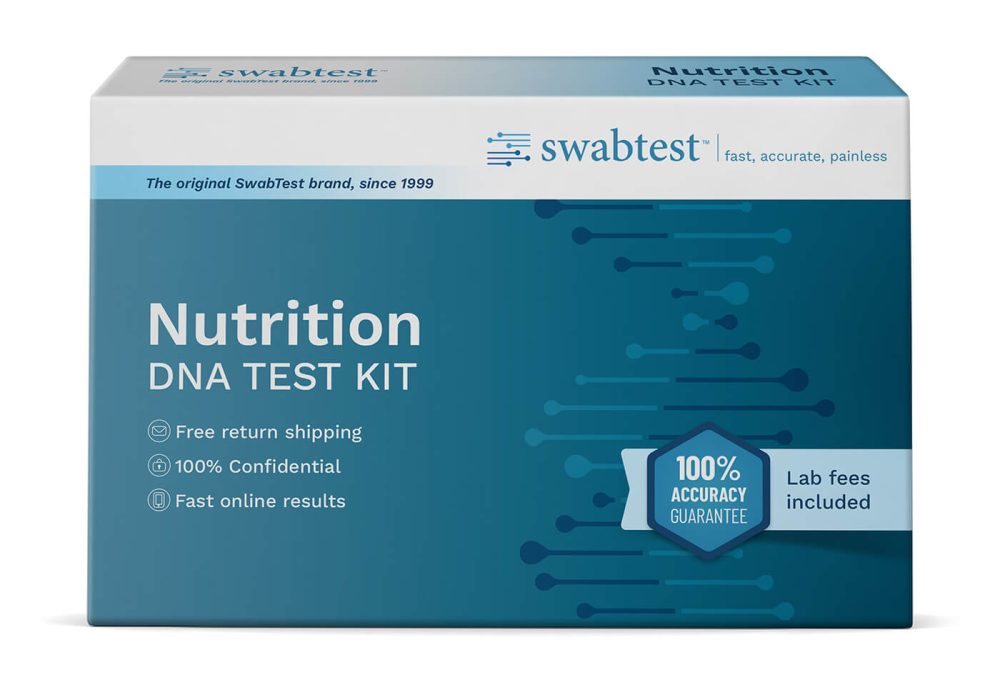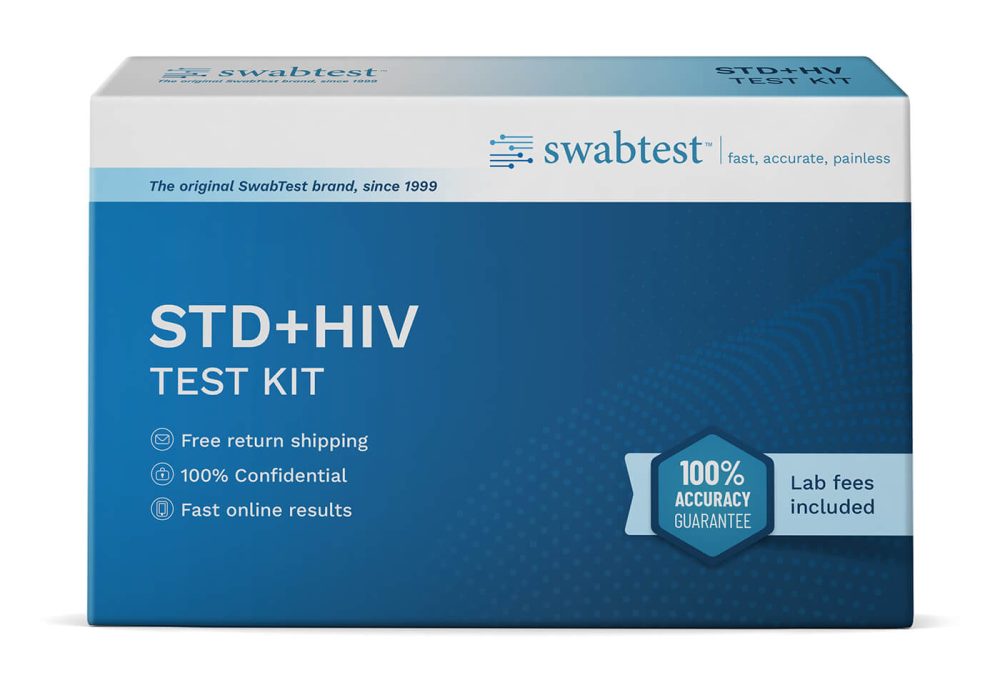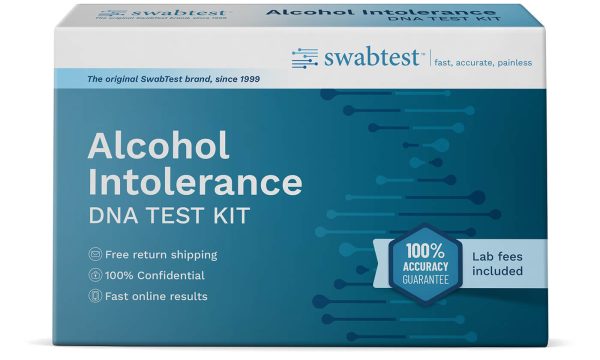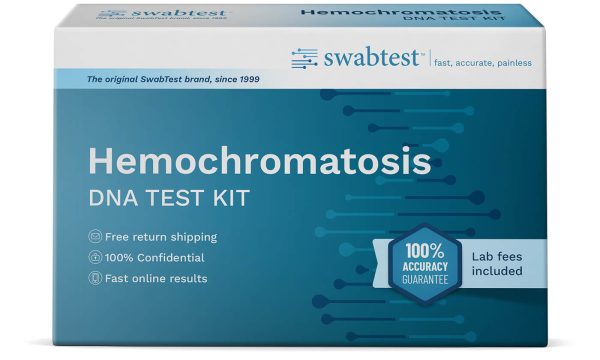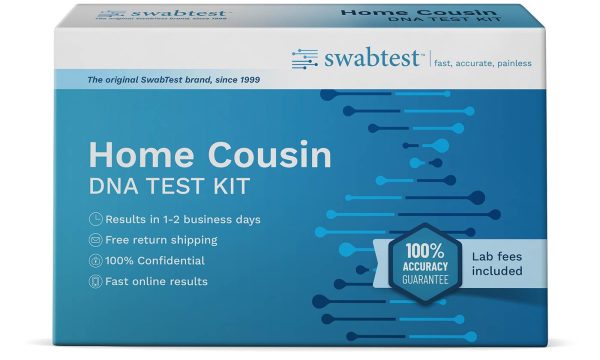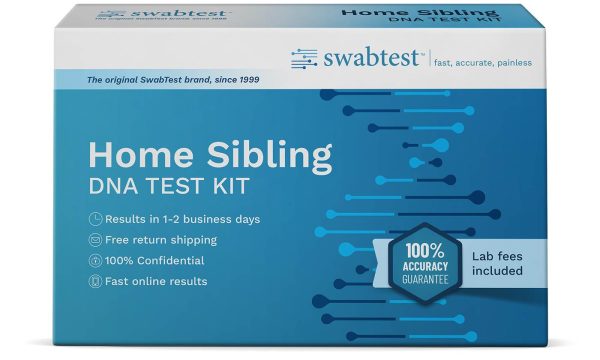What is thrombophilia?
Thrombophilia refers to a group of diseases where the blood has an increased tendency to form clots. A thrombus or a blood clot can form at any time, under any condition, anywhere in the body. However, some people are more susceptible to forming a thrombus due to genetic risk.
Deep vein thrombosis (DVT) is the more common kind of venous thrombosis. The blood clot blocks one or more deep veins. DVTs are also life-threatening because the clot can break off and travel in the blood and block other blood vessels in the lungs (called pulmonary embolisms) or in the brain (called cerebral venous embolisms).
Thrombophilia can be either acquired (developed in adulthood) or inherited. With this DNA test you can find out if you are at increased risk of inherited thrombophilia at the comfort of your own home.
Variants tested and associated risk
This DNA test detects genetic variants of three genes associated with thrombophilia. We inherit two copies of each gene, one from each parent. The risk associated with genetic variants detected in this test varies based on whether an individual inherits one or two copies of the variant.
|
Patient Genotype |
Thrombotic Risk |
|
Factor V Leiden mutation (heterozygous 1691G>A) in the F5 gene |
3X to 8X increased risk of thrombosis 2X to 11X increased risk of miscarriage |
|
Factor V Leiden mutation (homozygous 1691G>A) in the F5 gene |
10X to 80X increased risk of thrombosis 2X to 11X increased risk of miscarriage |
|
Prothrombin mutation (heterozygous 20210G>A) in the F2 gene |
2X to 5X increased risk of thrombosis 2X to 3X increased risk of miscarriage |
|
Prothrombin mutation (homozygous 20210G>A) in the F2 gene |
>5X increased risk of thrombosis 2X to 3X increased risk of miscarriage |
|
Mutation (homozygous 677C>T) in the MTHFR gene |
Increased risk of thrombosis if folate levels are low |
|
Two mutations (677C>T and 1298A>C) in the MTHFR gene |
Increased risk of thrombosis if folate levels are low |
Signs and symptoms
Signs of Deep-Vein Thrombosis
- Pain in the affected area
- Swelling
- Redness
- Warmth
Signs of pulmonary embolisms in the lungs
- Sudden shortness of breath
- Chest pain when breathing in
- A cough that produces bloody or blood-streaked mucus
- Rapid heartbeat
Signs of cerebral venous thrombosis in the brain
- Impaired speech
- Difficulty moving parts of the body
- Problems with vision
- Headache
- Increased fluid pressure inside the skull
- Pressure on the nerves
How to reduce your risk of blood clots
- Exercise to maintain a healthy body weight Maintain a healthy body weight
- Eat a healthy diet
- Increase your blood flow with exercise
- Avoid extended periods of immobility
- Avoid smoking
- Reduce homocysteine levels by getting plenty of folate and other B vitamins
- Wear compression stocking on long flights
- If your risk is very high, seek medical treatment (e.g. anticoagulants)
Related Products
$149.00 Original price was: $149.00.$99.00Current price is: $99.00.
Related products
-
Health & Wellness
DNA Hemochromatosis Test
$195.00Find out if you are at risk of hereditary hemochromatosis.
-
Shop All
DNA Cousin Test
Determine the likelihood that two individuals are related as first cousins.
$271.00Original price was: $271.00.$149.00Current price is: $149.00. This product has multiple variants. The options may be chosen on the product page -
Shop All
DNA Sibling Test
Determine the likelihood that individuals are half or full siblings.
$271.00Original price was: $271.00.$149.00Current price is: $149.00. This product has multiple variants. The options may be chosen on the product page

